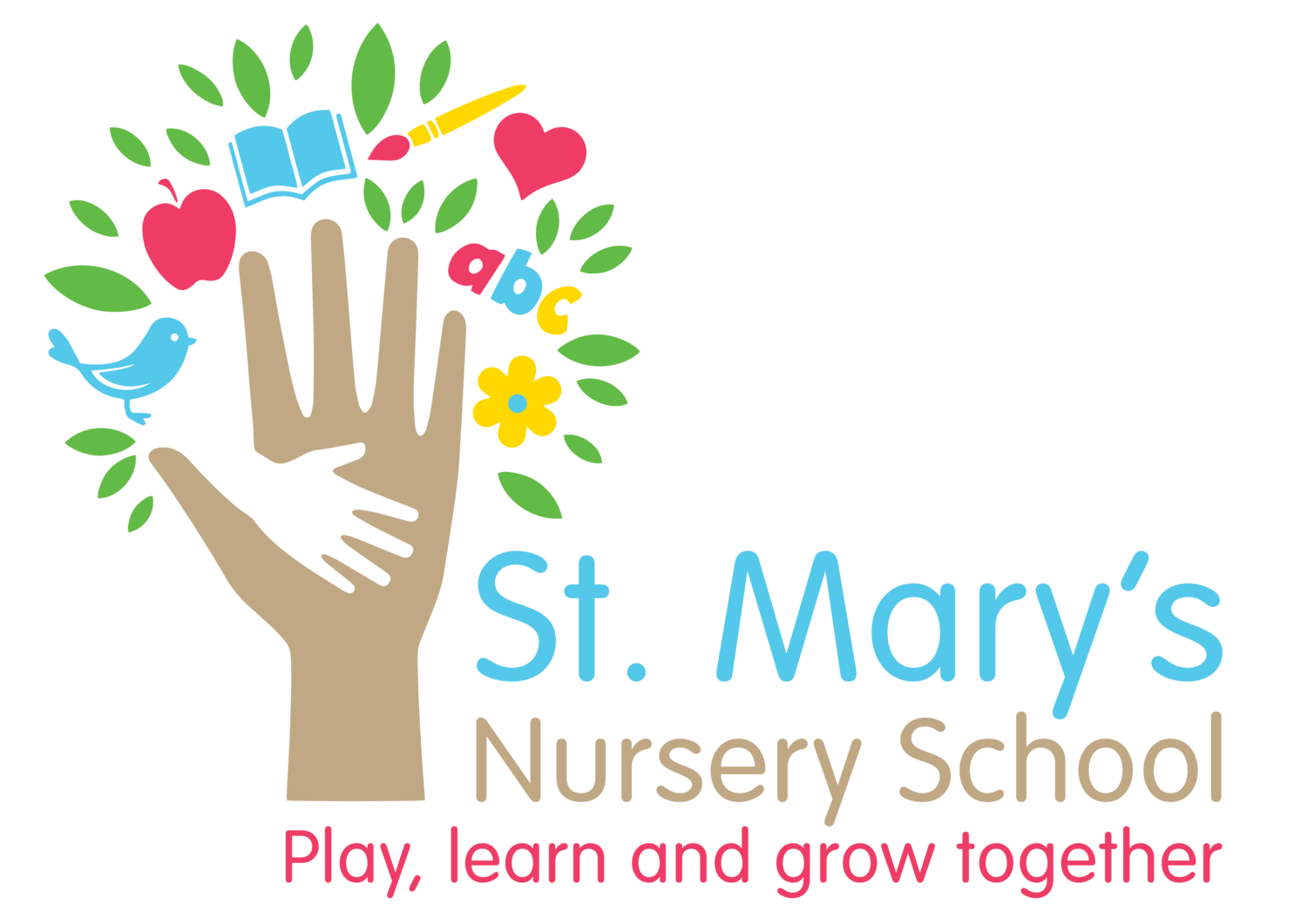Play is a very natural way for young children to learn and whilst they may not have been attending a setting, these children will still have been learning so much during the day. They have plenty of opportunities to actively learn, play and explore and think critically at home. For example, making mud pies in the garden can teach us about capacity, solids, liquids, changing properties of materials, or building with blocks can offer us opportunities to problem solve, teach us about structures, how things fit together and practice our fine and gross motor skills, and having a tea party with a teddy enables us to practise conversation and social skills.
So parents do not need to try to teach their children anything specific to help them to be ready for school. Instead, they need to play with them, sing together, read lots of stories, talk with them about anything and everything and play lots of games. There are so many opportunities to chat during the day: sort out the washing, count the stairs when you walk up or down together, face time or video call a grandparent, discuss what you’re going to have for lunch or dinner and then, if possible, involve them in making it. Make use of other opportunities to have fun together, such as writing a secret message to your child and hiding it in the house then using picture clues to help them find and read it., e.g. Giving them a picture of a table, means the message is on the table, then the message could say, “There is a strawberry in the fridge’ with a picture of a strawberry and a fridge!” Messages like this demonstrate to children the importance of learning to read without trying to teach them!
Other ideas parents can try at home include:
Play with the noises your voice can make, for example, pretend to go down a slide – “wheeeeee” or make the sound of a police car – “Nee naaa nee naaa...”
Create an obstacle course in your living room using cushions and the coffee table – pretend that the carpet is hot lava and you’re not allowed to step on it!
Play mirror-me games in the garden by inviting your child to copy your actions, then swap over and copy your child.
Have a dance off – when you take it in turns with your child to make some groovy moves to your favourite music.
Encourage your child to practise getting dressed in the morning without much help, or have a getting dressed race!
When you go out in the garden or for your daily exercise, encourage your child to put on their own shoes or wellies.
Support your child to go to the toilet independently, including any wiping needed and demonstrate how to wash their hands. I guess many children will be starting school as experts in this!
Encourage your child to find out about wildlife and be interested in the world around them, or create a weather board together.
Create a drum kit out of saucepans and use wooden spoons as drum sticks and try to play a rhythm or steady beat on the drums.
Cook or bake together, sharing the opportunity to measure the ingredients and follow a recipe, and of course, if appropriate, lick the spoon!
Play hide and seek or create treasure hunts in the house and garden, with clues such as ‘hot’ when your child is near the treasure or ‘cold’ when then are further away.
Most reception class teachers are not worried about whether or not a child recognises their name or can count to 10 or say some letter sounds. But they care very much about how many of them can wipe their own bottom or nose, or can put on their shoes and coats independently. In a class of 30 four-year-olds these independent skills are worth more than gold to a busy reception teacher! Teachers expect to teach children to read, write and count when they begin in school and will do so, when the children are ready, but in those early days of term and school life, a little independence will certainly go a long way.
So what does school readiness mean in a pandemic? It means children being children and naturally being interested, excited and motivated to learn through anything and everything! Children who try and try again. Children who can get dressed by themselves, can use the toilet alone or help their parent at tidying up. Children who learn through play!
Article by Tamsin Grimmer, taken from Parenta Magazine, July 2020.

